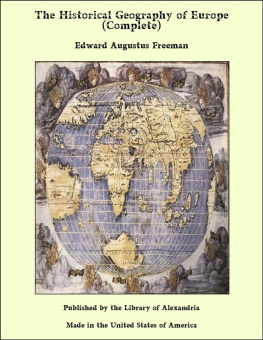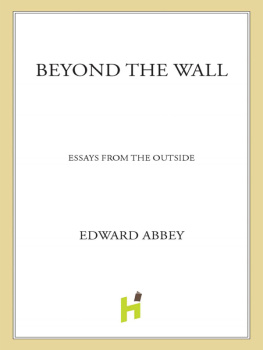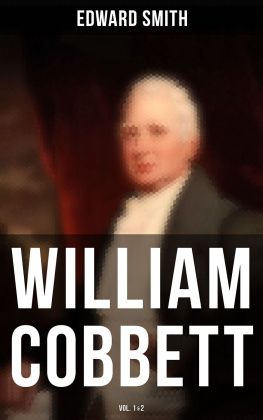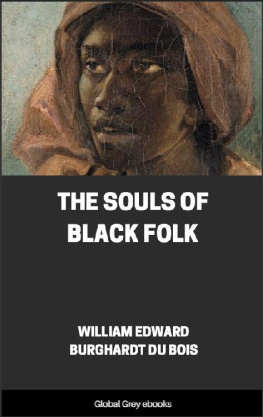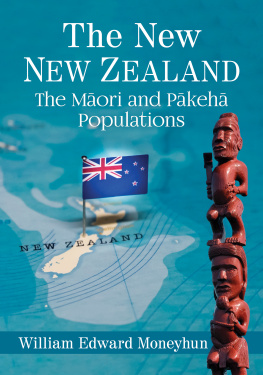WILLIAM EDWARD HARTPOLE LECKY
LONGMANS, GREEN, AND CO.
39 PATERNOSTER ROW, LONDON
NEW YORK, BOMBAY, AND CALCUTTA
1908
All rights reserved
CONTENTS
| PAGE |
| 1 |
| 21 |
| 43 |
| 68 |
| 90 |
| 104 |
| 116 |
| 131 |
| 151 |
| 200 |
| 242 |
| 249 |
| 275 |
| 298 |
| 319 |
The Essays 'Thoughts on History,' 'Formative Influences,' 'Madame de Stal,' 'Israel among the Nations,' 'Old-age Pensions,' appeared originally in the American Review, the Forumthe first under the title of 'The Art of Writing History'; 'Ireland in the Light of History,' in the North American Review. Those on Sir Robert Peel, Mr. Henry Reeve, and Dean Milman were written for the Edinburgh Review. The Essay on 'Queen Victoria as a Moral Force' appeared first in the Pall Mall Magazine; 'Carlyle's Message to His Age' in the Contemporary Review. 'The Political Value of History' was a presidential address delivered before the Birmingham and Midland Institute; 'The Empire,' an inaugural address delivered at the Imperial Institute; and the 'Memoir of the Fifteenth Earl of Derby' was originally prefixed to the volumes of his speeches and addresses.
HISTORICAL AND POLITICAL ESSAYS
THOUGHTS ON HISTORY
I do not propose in this paper to enter into any general inquiry about the best method of writing history. Such inquiries appear to me to be of no real value, for there are many different kinds of history which should be written in many different ways. A diplomatic, a military, or a parliamentary history, dealing with a short period or a particular episode, must evidently be treated in a very different spirit from an extended history where the object of the historian should be to describe the various aspects of the national life, and to trace through long periods of time the ultimate causes of national progress and decay. The history of religion, of art, of literature, of social and industrial development, of scientific progress, have all their different methods. A writer who treats of some great revolution that has transformed human affairs should deal largely in retrospect, for the most important part of his task is to explain the long course of events that prepared and produced the catastrophe; while a writer who treats of more normal times will do well to plunge rapidly into his theme.
Historians, too, differ widely in their special talents, and these talents are never altogether combined. The power of vividly realising and portraying men, or societies or modes of thought that have long since passed away; the power of arranging and combining great multitudes of various facts; the power of judging with discrimination, accuracy, and impartiality conflicting arguments or evidence; the power of tracing through the long course of events the true chain of cause and effect, selecting the facts that are most valuable and significant and explaining the relation between general causes and particular effects, are all very different and belong to different types of mind. It is idle to expect a writer with the gifts of a Clarendon, a Kinglake, or a Froude to write history in the spirit of a Hallam or a Grote. Writers who are eminently distinguished for wide, patient, and accurate research have sometimes little power either of describing or interpreting the facts which they collect. All that can be said with any profit is that each writer will do best if he follows the natural bent of his genius, and that he should select those kinds or periods of history in which his special gifts have most scope and the qualities in which he is deficient are least needed.
It is the fashion of a modern school of historical writers to deplore what they call the intrusion of literature into history. History, in their judgment, should be treated as science and not as literature, and the kind of intellect they most value is not unlike that of a skilful and well-trained attorney. To collect documents with industry; to compare, classify, interpret and estimate them is the main work of the historian. It is no doubt true that there are some fields of history where the primary facts are so little known, so much contested or so largely derived from recondite manuscript sources, that a faithful historian will be obliged in justice to his readers to sacrifice both proportion and artistic charm to the supreme importance of analysing evidence, reproducing documents and accumulating proofs; but in general the depreciation of the literary element in history seems to me essentially wrong. It is only necessary to recall the names of Herodotus and Thucydides, of Livy and Tacitus, of Gibbon and Macaulay, and of the long line of great masters of style who have related the annals of France. It may, indeed, be confidently asserted that there is no subject in which rarer literary qualities are more demanded than in the higher forms of history. The art of portraying characters; of describing events; of compressing, arranging, and selecting great masses of heterogeneous facts, of conducting many different chains of narrative without confusion or obscurity; of preserving in a vast and complicated subject the true proportion and relief, will tax the highest literary skill, and no one who does not possess some, at least, of these gifts in an unusual measure is likely to attain a permanent place among the great masters of history. It is a misfortune when some stirring and momentous period falls into the hands of the mere compiler, for he occupies the ground and a really great writer will hesitate to appropriate and plagiarise the materials his predecessor has collected. There are books of great research and erudition which one would have wished to have been all re-written by some writer of real genius who could have given order, meaning and vividness to a mere chaos of accurate and laboriously sifted learning. The great prominence which it is now the fashion to ascribe to the study of diplomatic documents, is very apt to destroy the true value and perspective of history. It is always the temptation of those who are dealing with manuscript materials to overrate the small personal details which they bring to light, and to give them much more than their due space in their narrative. This tendency the new school powerfully encourages. It is quite right that the treasure-houses of diplomatic correspondence which have of late years been thrown open should be explored and sifted, but history written chiefly from these materials, though it has its own importance, is not likely to be distinguished either by artistic form or by philosophical value. Those who are immersed in these studies are very apt to overrate their importance and the part which diplomacy and statesmanship have borne in the great movement of human affairs.
A true and comprehensive history should be the life of a nation. It should describe it in its larger and more various aspects. It should be a study of causes and effects, of distant as well as proximate causes, and of the large, slow and permanent evolution of things. It should include, as Buckle and Macaulay saw, the social, the industrial, the intellectual life of the nation as well as mere political changes, and it should be pre-eminently marked by a true perspective dealing with subjects at a length proportioned to their real importance. All this requires a powerful and original intellect quite different from that of a mere compiler. It requires too, in a high degree, the kind of imagination which enables a man to reproduce not only the acts but the feelings, the ideals, the modes of thought and life of a distant past, and pierce through the actions and professions of men to their real characters. Insight into character is one of the first requisites of a historian. It is therefore, much to be desired that he should possess a wide knowledge of the world, the knowledge of different types of character, foreign as well as English, which travel and society and practical experience of business can give, and it will also be of no small advantage to him if he has passed through more than one intellectual or religious phase, widening the area of his appreciation and realisations. He should also have enough of the dramatic element to enable him to throw himself into ways of reasoning or feeling very different from his own. One of the most valuable of all forms of historical imagination is that which enables a writer to place himself in the point of view of the best men on different sides, and to bring out the full sense of opposing arguments. All these gifts or qualities are never in a high degree united, but they are all essential to a great historian, and a true school of history should widen instead of narrowing our conception of it.



